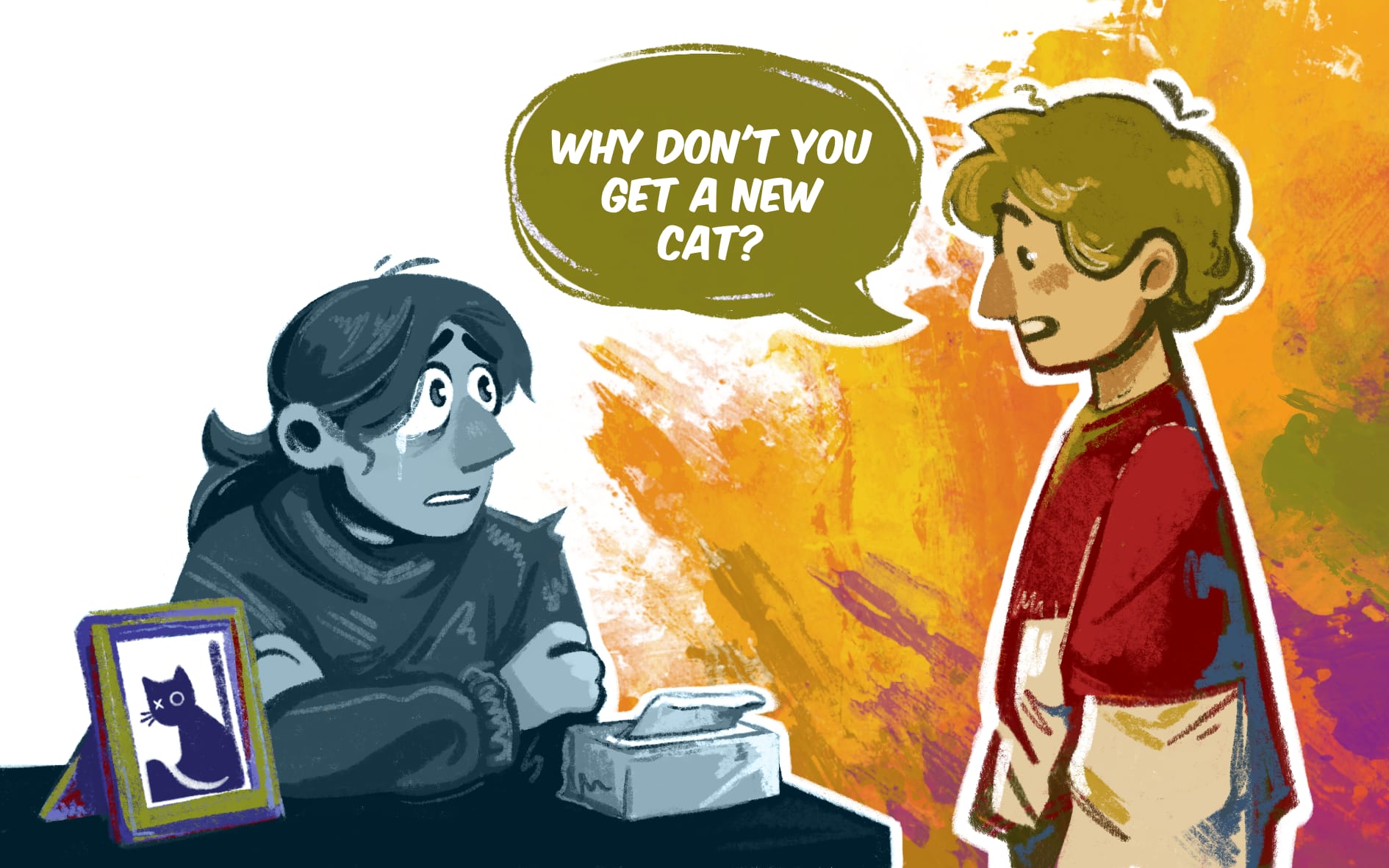
Selection, Evocation, and Manipulation: How Do They Shape Our Social Interactions?
Have you ever wondered why we gravitate toward certain people or situations, almost without realizing it? I have always found it fascinating how different everyone is. Some people can easily say exactly what they mean, while others struggle to express their needs, fearing they might offend or trouble others. I’ve noticed that I often end up with similar friends or partners but never really understood why. Taking the Personality and Individual Differences course with Professor Bertus Jeronimus helped me understand more about this and reflect on how individuals influence and shape the world around us. Concepts like selection, evocation, and manipulation help explain how our personalities impact our interactions with the outside world—and how we are, in turn, seen by others.
Person-situation interaction: Situational Selection
The person-situation interaction concept in psychology suggests that behavior is influenced not only by a person’s traits (such as personality) but also by the context or situation they are in (Larsen & Buss, 2017). In this sense, the idea of situational selection proposes that we actively choose the situations we find ourselves in (Larsen & Buss, 2017). We typically do not end up in random situations; rather, we select where we want to spend our time and are drawn to settings that align with our personality traits. For example, extroverted individuals who enjoy socializing are more likely to attend parties and meet new people. Generally, we can choose the situations we engage with—for instance, selecting a particular college or field of study because it appeals to us. Although special circumstances may sometimes influence this, we largely control the situations we place ourselves in.
Situational selection suggests that we actively choose the situations we find ourselves in (Larsen & Buss, 2017).
Evocation
Another form of person-situation interaction discussed by Buss (1987) is evocation—the idea that certain personality traits may evoke specific responses from the environment (Larsen & Buss, 2017). For me, evocation was the most interesting person-situation concept I encountered. The notion that our personalities can evoke particular emotional responses from others was something I hadn’t considered much before. My friend, let’s call her Rebecca, is very open, agreeable, and fun. People seem drawn to her, often complimenting and admiring her, and she rarely has trouble getting a date because of her charismatic demeanor. On the other hand, my friend, let’s call her Alex, often critiques and complains about others, frequently standing apart from the group. People rarely approach her, and if someone does, they often leave quickly. You could argue that Rebecca and Alex are shaping their social interactions because of their distinct personalities; Rebecca enjoys attention and social engagement, while Alex prefers solitude. Our personalities can indeed trigger others’ reactions to us.
Evocation suggests that certain personality traits may evoke specific responses from the environment (Larsen & Buss, 2017).
Evocation is compelling because we usually are unaware of how our personalities create responses in others. Kelley and Stahelski (1970) explored this by studying how individuals’ behaviors in social interactions influence their beliefs about others. Using a prisoner’s dilemma game, they found that people who were predominantly competitive tended to perceive their counterparts as competitive, while cooperative participants saw their counterparts as sometimes cooperative and sometimes competitive. This study is significant because it shows how competitive people often assume others share their competitive mindset, unaware that they may be evoking competition from even cooperative individuals. It is challenging to realize how our personalities evoke reactions in others, and understanding these influences can be very useful in improving our social relationships.
Manipulation
I have often viewed manipulation in a negative light, but the readings present it from a more nuanced perspective. Among group-living species, manipulation of conspecifics is especially important. Individuals lacking the ability to manipulate others may fail to elicit parental care, acquire resources, establish reciprocal alliances, rise in hierarchies, or attract mates (Buss, 1987). One influential study on this topic is The Evolution of Cooperation by Robert Axelrod and William Hamilton. Using the prisoner’s dilemma game, they examined how cooperation can develop even in competitive settings (Axelrod & Hamilton, 1981). They found that players would cooperate and then mirror their opponent’s previous actions. When defection led to retaliation, many opted for cooperation. This strategy shows manipulation by rewarding cooperation, helping people create alliances, and fostering social bonds.
In this sense, manipulation involves influencing others’ behaviors to achieve a desired outcome in social interactions (Larsen & Buss, 2017). Additionally, our personality traits often shape manipulation strategies. We may “manipulate” others into liking us or getting our way. For instance, we might buy gifts to strengthen friendships or leave someone’s messages on read to express dissatisfaction. These behaviors are especially prevalent in close friendships and relationships. Personality traits can influence the manipulation behaviors we employ. Extraverts, for example, tend to display charming behaviors more than introverts do (Larsen & Buss, 2017). Those high in neuroticism may use silent treatment to get their way, whereas those low in agreeableness may use coercive tactics to achieve their goals (Larsen & Buss, 2017). Thus, our personalities play a fundamental role in how we influence others.
Manipulation involves influencing others’ behaviors to achieve a desired outcome in social interactions (Larsen & Buss, 2017).
Reflection
Altogether, these ideas have led me to reflect on how my surroundings are shaped by my unique personality. As a reserved, introverted person, I enjoy watching movies or taking walks in nice weather. I tend to have friends who are also introverted and enjoy smaller gatherings and deeper, more meaningful conversations. Some people I’ve studied with have seen me as too quiet or haven’t understood the difficulty I feel when speaking in class. We all evoke responses from others, whether we like the reactions or not. Selection, evocation, and manipulation are all aspects of life worth being aware of. It is valuable to understand these dynamics, as they reveal the unique way each of us shapes and is shaped by our social world.
So, have you noticed how your personality shapes your surroundings?
References
Axelrod, R., & Hamilton, W. D. (1981). The evolution of cooperation. Science, 211(4489), 1390–1396. https://doi.org/10.1126/science.7466396
Buss, D. M. (1987). Selection, evocation, and manipulation. Journal of Personality and Social Psychology, 53(6), 1214–1221. https://doi.org/10.1037/0022-3514.53.6.1214
Kelley, H. H., & Stahelski, A. J. (1970). Social interaction basis of cooperators’ and competitors’ beliefs about others. Journal of Personality and Social Psychology, 16(1), 66–91. https://doi.org/10.1037/h0029849
Larsen, R., & Buss, D. (2017). Personality Psychology: Domains of Knowledge about Human Nature. Mcgraw-Hill Education.
Note: Featured image by Alex Wigan under the Creative Commons license.



